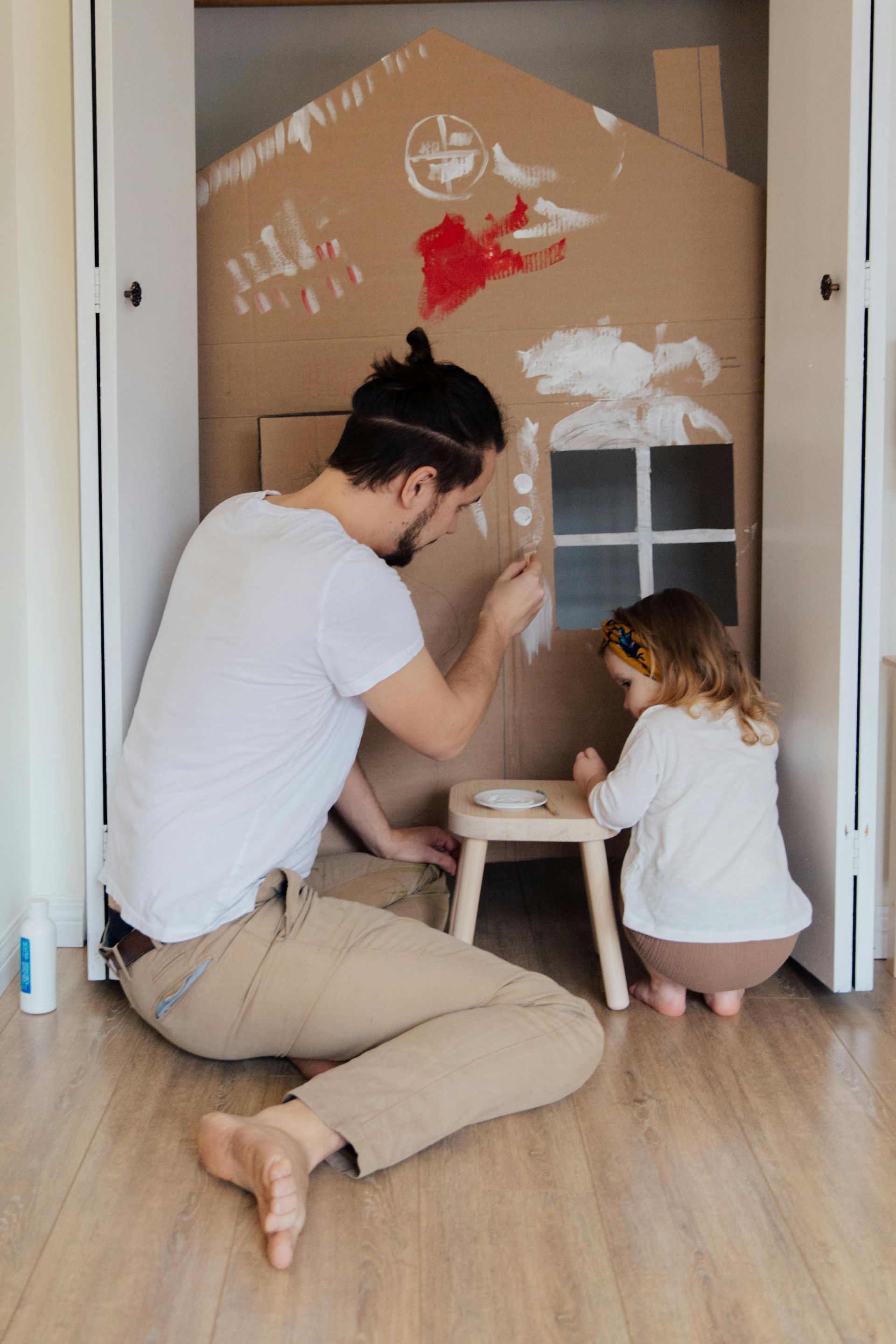Positive Discipline for Highly Sensitive Kids
Ceara Deno, MD • December 30, 2024
Schedule A Free Call
Positive Discipline for Highly Sensitive Kids

Parenting a highly sensitive child is both a rewarding and challenging experience.
These children feel deeply, process the world intensely, and can sometimes struggle with big emotions and which can create challenging behavior.
When it comes to discipline, traditional approaches like timeouts or punishments often backfire, creating an angry, disconnected child who behaves worse.
Positive discipline offers an alternative—one rooted in compassion, understanding, and teaching rather than punishing.
Here are some practical strategies to help you guide your highly sensitive child with love and respect.
1. Focus on Connection Before Correction
Highly sensitive children respond best when they feel emotionally safe and understood. Before addressing a behavior, prioritize connection. Get down to their level, make eye contact, and acknowledge their feelings.
For example:
Instead of jumping straight to discipline, say, “I see you’re really upset right now. Let’s take a moment to calm down, and then we can figure out what happened together.”
This approach helps your child feel seen and supported, which makes them more open to learning.
2. Teach, Don’t Punish
Highly sensitive kids often internalize criticism deeply, so punishment can damage their self-esteem and create fear or shame. Instead, focus on teaching and problem-solving.
For example:
Instead of: “You spilled your drink again! Be more careful!”
Try: “Oops, the drink spilled. Let’s clean it up together. Next time, we can use two hands to hold the cup.”
This approach encourages responsibility without making your child feel bad about themselves.
3. Set Clear and Gentle Boundaries
Boundaries provide a sense of safety and structure for all kids, but highly sensitive children need them delivered with extra kindness. Be firm yet gentle when setting limits.
For example:
“We don’t hit. Instead, we can say, I want a turn.”
When your child knows what to expect, they’ll feel more secure and better able to regulate their emotions.
4. Offer Choices to Avoid Power Struggles
Highly sensitive children often feel overwhelmed by a lack of control. Offering choices helps them feel empowered while still respecting boundaries.
For instance:
“It’s time to get dressed. Would you like to wear your blue shirt or your red one?”
“We need to clean up. Do you want to start with the blocks or the books?”
By giving them a sense of control, you can prevent meltdowns and make transitions smoother.
5. Use Natural and Logical Consequences
Natural and logical consequences are powerful teaching tools, especially for highly sensitive children. These consequences help them connect their actions to outcomes in a gentle, non-punitive way.
For example:
If your child is hitting other children with a stick, and they are not able to play appropriately, and the parent would need to take it away.
If they are trying to run away in public, the parent would need to either pick the child up and carry them, or hold their hand at all times.
Deliver consequences with empathy, not frustration, to help your child learn without feeling judged.
6. Praise Effort, Not Perfection
Highly sensitive children are often perfectionists who fear making mistakes. To build their confidence, focus on praising their effort and progress rather than the outcome.
For example:
“I saw how hard you worked on staying calm when your brother took your toy. I was so proud of you.”
Celebrating their efforts helps them feel proud of themselves and encourages them to keep trying, even when things are difficult.
Final Thoughts
Positive discipline isn’t about controlling your child’s behavior—it’s about teaching them the skills they need to manage their emotions, make good decisions, and grow into confident, compassionate individuals.
By focusing on connection, empathy, and problem-solving, you can guide your highly sensitive child in a way that strengthens your bond and builds their emotional resilience.
Remember, no one gets it perfect every time (and that’s okay!). Parenting is a journey, and every step you take toward gentle discipline is a step toward a stronger, more connected relationship with your child.
Ready for support using positive discipline in your home? Schedule a free call with me today.












